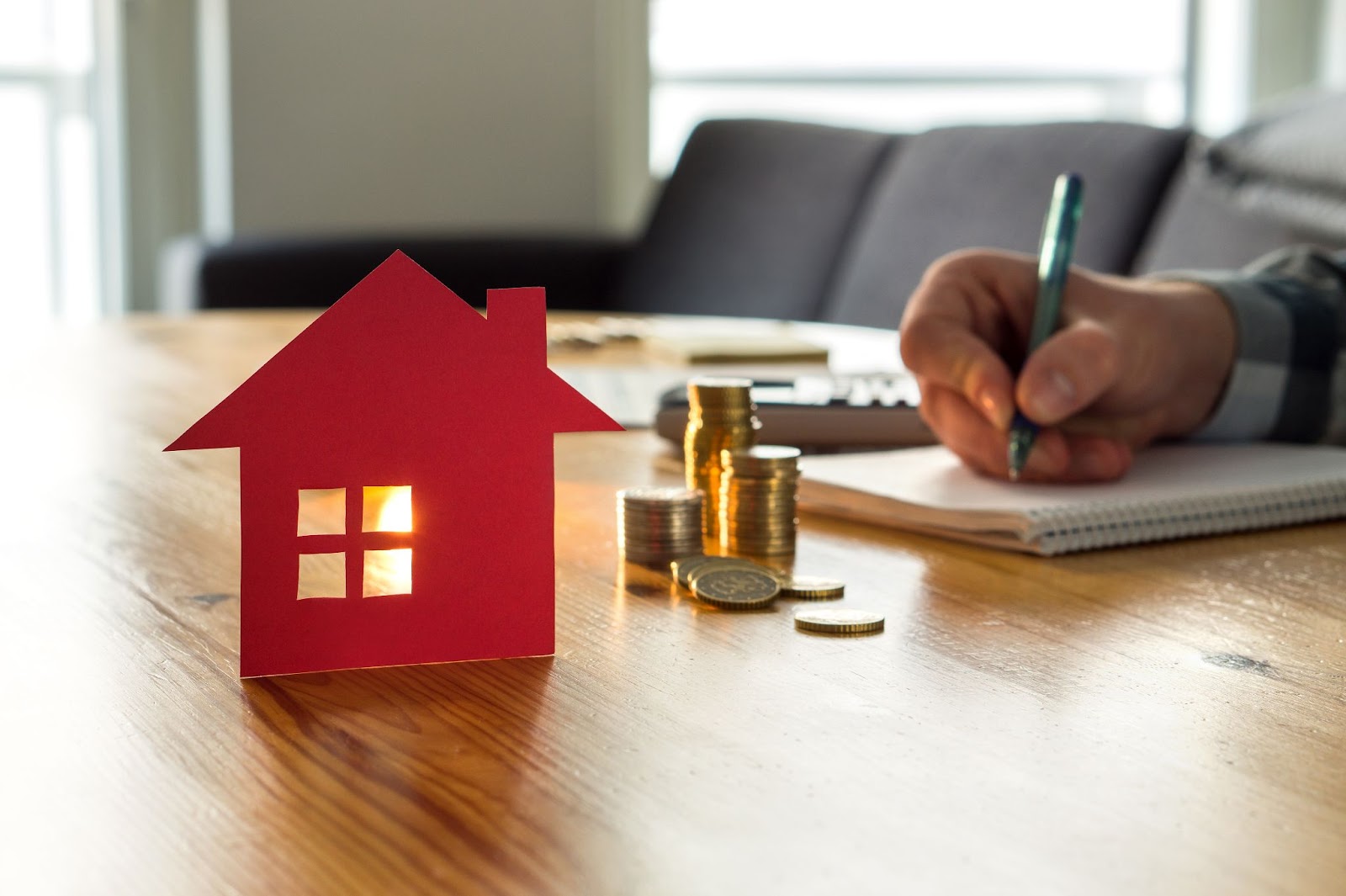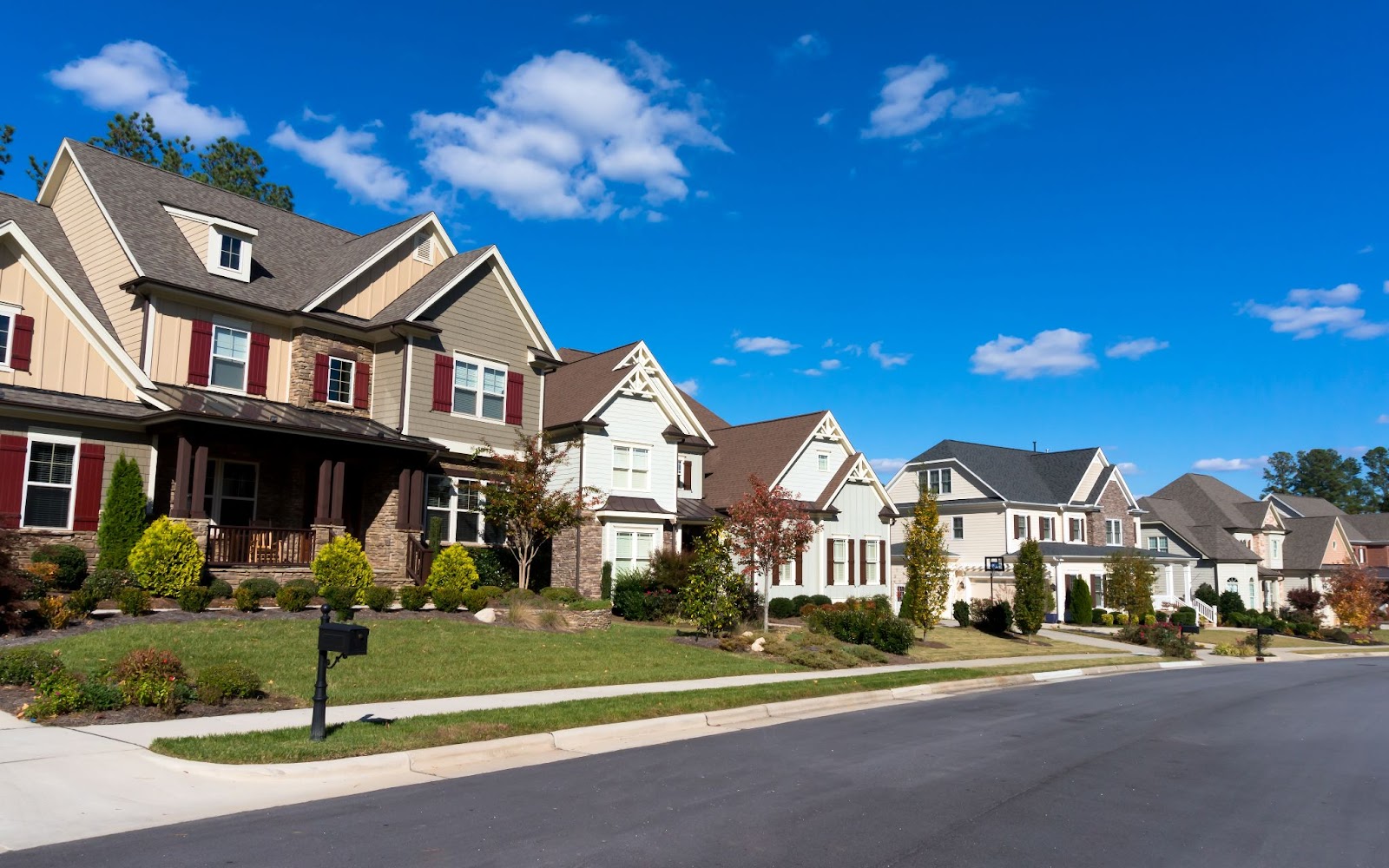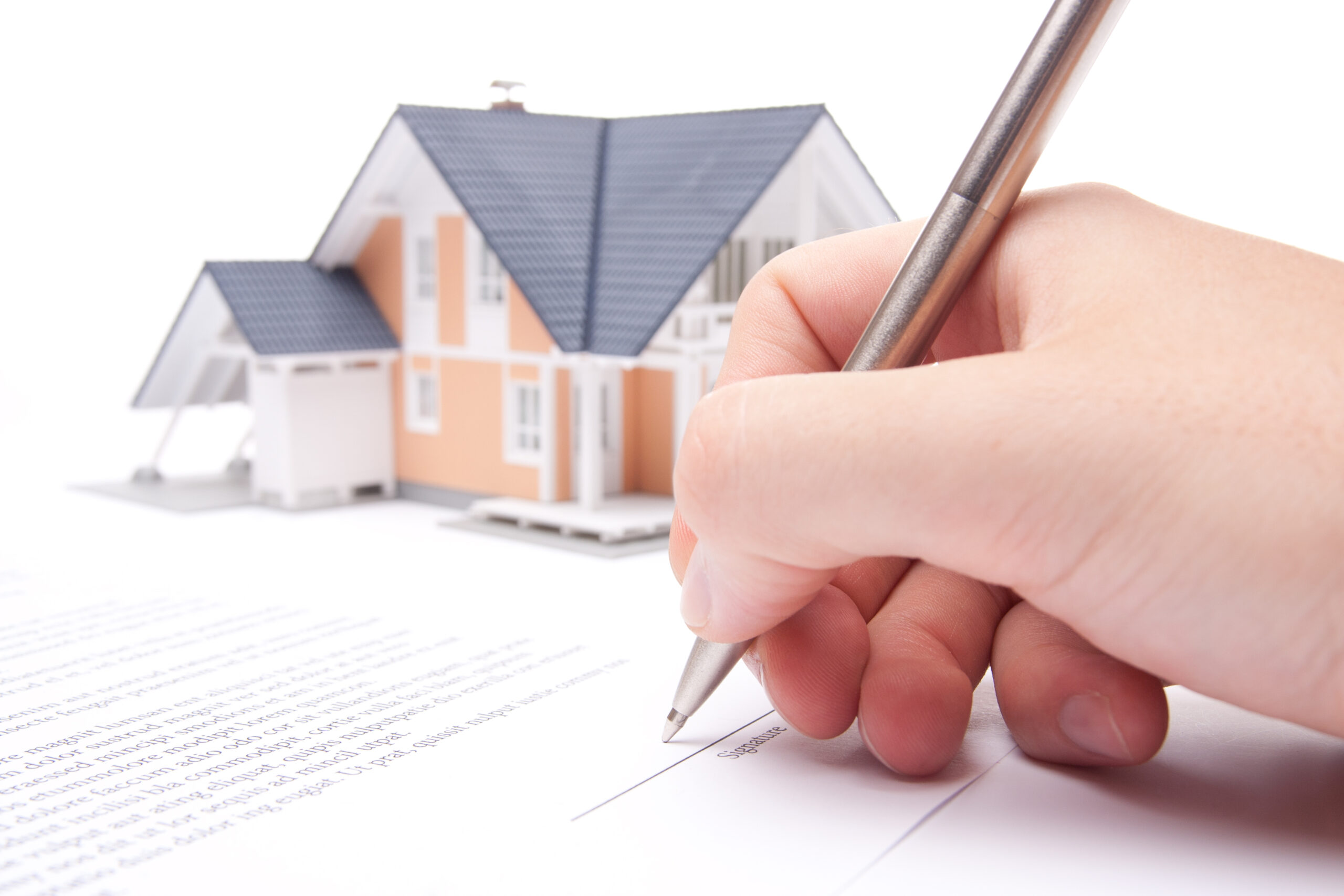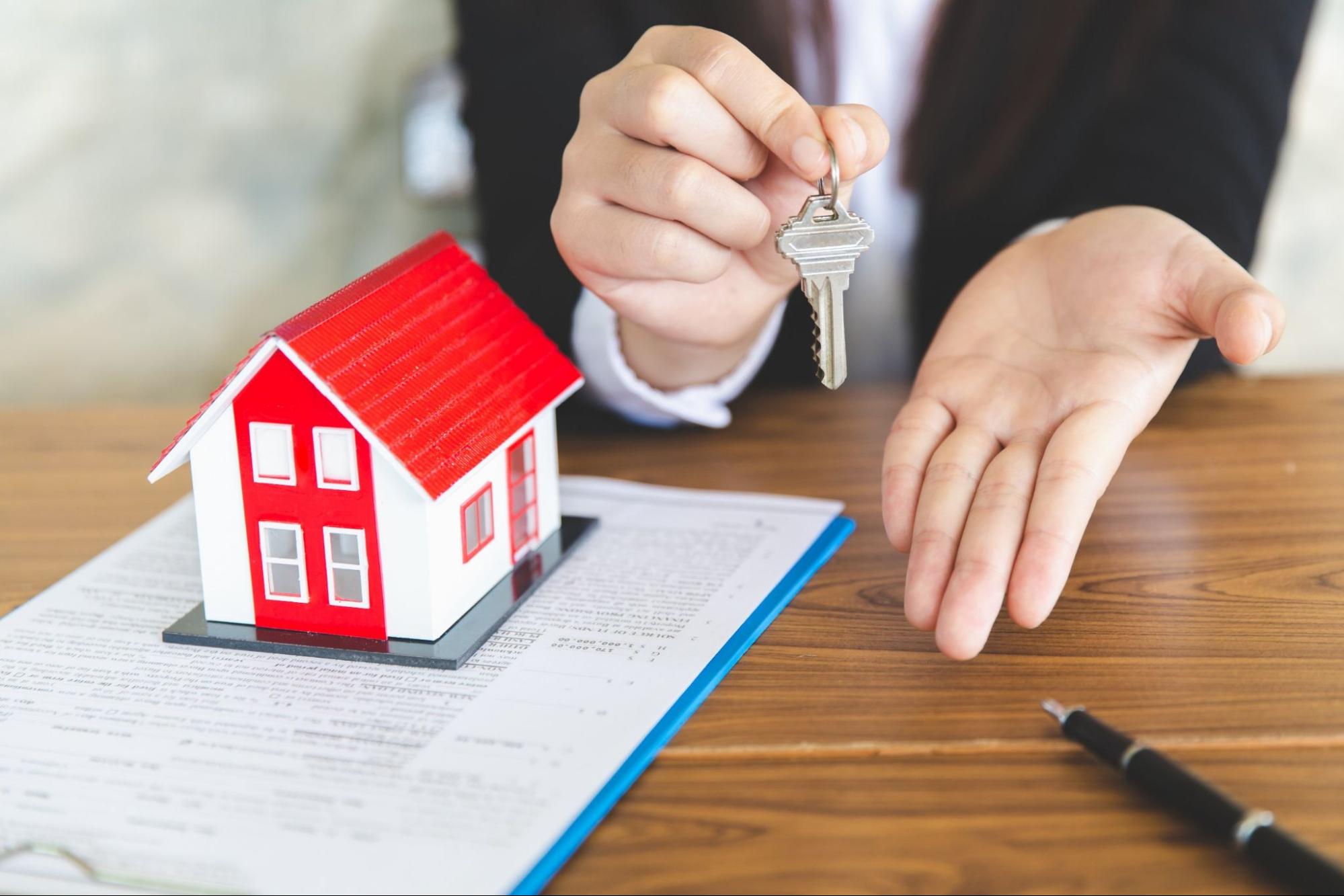Last Updated on October 24, 2023 by Corben Grant
Many people dream of buying their own house, but once they do, that dream may change to a dream of being debt-free. We all know homes are expensive, and unfortunately, that means most people will need to incur debt to make their purchase. It seems like a fair trade-off – a home for some debt – but having such a large financial obligation hanging over you can be stressful. As a result, most people will try to pay off their mortgage as quickly as possible.
How quickly you pay back your mortgage will partly depend on your income, interest rates, and the purchase price of your home, but there are also steps you can take to accelerate paying back your loan. But, though it may sound appealing to pay back your mortgage as soon as possible, there may be cases where paying off your mortgage as soon as possible is not the smartest move.
In this article, we will explore how long you should aim to pay off your mortgage, whether or not you should choose to pay early, and other options, you may choose.
Choosing an amortization period and term
One of the biggest factors in how soon you can pay off your mortgage will come down to your amortization period and, to a lesser extent, your term length.
Your amortization period represents the number of years you agree with the bank to pay off your mortgage loan. Amortization periods can range from a few years up to a maximum of 35 years. The amortization period you choose gives you a pretty exact idea of how long you will need to pay your mortgage, assuming you don’t take any extra steps to pay it down sooner.
Choosing an amortization period to fit your needs
is not as simple as picking the shortest amount of time. Remember that the value of your loan is the same regardless of your amortization period, and with shorter periods, your monthly mortgage loan payment will increase as a result. Though you may want to pay off your mortgage as soon as possible, you also need to make sure you can manage your monthly mortgage payments. On the other hand, mortgages with longer amortization periods will pay much more in interest over time.
The most common mortgage length is around 20-25 years, which is a good enough choice for most people. If you plan on living in your home for most of your life and don’t want to have high monthly expenses, a longer period may be right for you. On the other hand, if you hope to pay off your mortgage as soon as possible and you have a high income to support the payments, you may want to choose a shorter amortization of 15 years or so.

How your mortgage term affects how fast you can repay your mortgage
Your mortgage term can also affect how soon you can pay off your mortgage, though in a less direct way than your amortization period.
How your mortgage term affects how soon you can pay off your mortgage is when it comes to early repayment or refinancing. Usually, there will be a penalty for breaking your mortgage contract early. However, you may , or pay off the mortgage in full without penalty when your mortgage term has ended.
Choosing the wrong term length won’t prevent you from paying off your mortgage when you like – you can always accept the penalty and pay anytime – but a clever buyer can think ahead and choose a term that helps them to repay their loan sooner.
For example, you may anticipate making a significantly higher income soon and want to increase your mortgage payments to help pay off the debt sooner. In this situation, it would make more sense to take a shorter term that will allow you to renew only a few years down the line without penalty. If you took a long-term loan in this situation, you would be forced to continue paying off your mortgage slower than you would like or face a costly penalty.
You may also want to consider your term length in relation to mortgage rates. With a fixed-rate mortgage, your interest rate can change only when your mortgage is renewed. If you know rates are going up soon, it may be ideal to lock in your mortgage for a longer term. On the other hand, if rates may drop in the next few years, you may want to take a shorter term so you can get a lower rate sooner. Thinking in this way can help you minimize your interest costs, which could mean having extra money to pay off your mortgage faster.
Be aware of your options for early repayment
Finally, when setting up your mortgage, you should ask your bank what options they have for things like early prepayment or accelerated payments. Many lenders will offer you the option to prepay a certain value per year or term towards your mortgage without penalty. This can be a great way to use your extra cash to help pay off your mortgage a bit quicker and reduce your interest costs.
Should I pay off my mortgage early?
It can be a tempting idea if you are in a position to pay off your mortgage early. Being free of mortgage debt means you won’t need to worry about covering your monthly mortgage payment anymore. This money can be used for lifestyle expenses like travel or can be invested to grow further.
You will also have the benefit of full ownership of your house. Beyond just the satisfaction and peace of mind this may offer, it also means you will have a full stake in your home’s equity which you may choose to borrow against with a
Paying off your mortgage early can also save you a lot of money in interest. For example, consider the difference between paying off your remaining mortgage in full (assuming no penalties) and paying it off in monthly installments over many years. The amount you pay on the principal will be the same, and though the early repayment costs more upfront, the drawn-out option costs you a lot more in interest. In a lower interest rate environment, it may not seem very important to rush your way through your mortgage, but as interest rates increase, the savings from reduced interest grow as well.

The downsides to paying off your mortgage early
There are also some cases where it may not be in your best interest to prioritize paying off your mortgage as soon as possible.
The most obvious reason not to pay off your mortgage early is if you are still in the middle of your mortgage term. Your bank will probably charge you a penalty for repaying early that can cost you a significant amount, potentially more than your interest savings. If you are charged a penalty, it may be cheaper to wait until your term ends and your mortgage is up for renewal rather than paying right away.
Another reason not to focus too much on paying your mortgage quickly is if it causes your other financial obligations to suffer. If all your money goes towards your mortgage, you may have little left to cover your daily expenses. In a worst-case scenario, if you put all your money towards your home without retaining at least some, you may need cash fast. For this reason, you should only consider paying your mortgage faster if you are doing well financially and can afford the extra expense.
You may also have other debts, such as credit cards, with a much higher interest rate than your mortgage. You should usually prioritize working on your high-interest debts before you go all-in on paying off your mortgage early.
There are also cases where not paying your mortgage early can have tax benefits. For example, if you work from home, run a business from your mortgaged property, or rent a portion of your home, and fees on your taxes and reduce your income tax owing.
Finally, if you want to pay off a large part of your mortgage in a lump sum, you may want it instead consider how that money may be better used elsewhere, such as being invested. Let’s look at this option in more detail.
Should I invest instead of paying my mortgage early?
One of the biggest reasons to pay off your mortgage early is to minimize the amount of interest you will pay over the course of your mortgage. You can get a significant amount back in interest savings for each dollar you put towards your early payment. However, your interest rate ultimately limits the amount you can save.
If you choose to invest this money instead, it may be possible to make even more than you would save as a prepayment. The basic premise is that if your invested money grows faster than your mortgage’s interest rate, it may be a sound financial decision to invest that money instead. This can work for lump-sum mortgage contributions and amounts that would go to increased regular payments.
Let’s look at an example comparison to clarify this idea.
Consider an investor with $60,000 to either pay off their mortgage or invest. If they had a mortgage at a rate of 4.5% and about ten years left on their amortization, that prepayment could save them up to around $30,000 in interest and help them to pay off their mortgage almost two years early. This payment still goes towards the value of your home equity, and when savings are considered, that $60,000 becomes about $90,000 in value, or what is essentially about a 4% annual return on your money for ten years. You might also need to take into account some losses if you incur an early repayment fee.

On the other hand, there are investment avenues that may pay out a higher return. For example, suppose you instead invested that $60,000 into a portfolio of stocks or mutual funds that returned 8% yearly. In that case, you could more than double your initial investment and easily cover the amount you saved on mortgage interest and then some. Going even further, if you invest in registered accounts like your registered retirement savings plan or tax-free savings account, you can also benefit from some tax savings from your invested money. And on top of all this, there is no need to worry about early repayment fees.
This can be a sound strategy when employed correctly, but we all know well enough that no investment is perfect, and there are some downsides to consider as well.
The downsides to investing instead of paying your mortgage
One thing to consider when looking at this option is just how much you stand to save from an early repayment and if it is worth the risk of investing instead. If you are near the end of your mortgage, a prepayment might not save you much interest, but the alternative investment won’t have much time to grow and will be exposed to more short-term risk. In this case, it may be worth simply making the prepayment.
You also need to consider that no investment is guaranteed. You could make money by investing in the stock market rather than prepaying if your returns are good. However, you could just as easily lose money too. Overall the investment route will be much riskier than simply prepaying.
For this reason, this strategy is best recommended for an experienced investor with a decent amount of risk tolerance. You should also definitely not stake your ability to pay your mortgage on your investment success and always have a backup plan.
Conclusion
Paying your mortgage early can be a great way to own your home faster while reducing your monthly expenses and overall interest paid. However, it can also come with its downsides, such as prepayment penalties. Investors who are confident in their ability and are willing to take on some extra risk may choose instead to invest their money instead of prepaying to see potentially even higher returns. If you have any more questions or concerns about paying your mortgage early, you should speak to a mortgage broker or financial advisor who can best explore your options with you.
Corben joined CREW as a relative newcomer to the field of real estate and has since immersed himself and learned from the experts about everything there is to know on the topic. As a writer with CREW, Corben produces informative guides that answer the questions you need to know and reports on real estate and investment news developments across Canada. Corben lives in Guelph, Ontario with his partner and their two cats. Outside of work, he loves to cook, play music, and work on all kinds of creative projects. You can contact Corben at corben@crewmedia.ca or find him on Linkedin at https://www.linkedin.com/in/corbengrant/.









